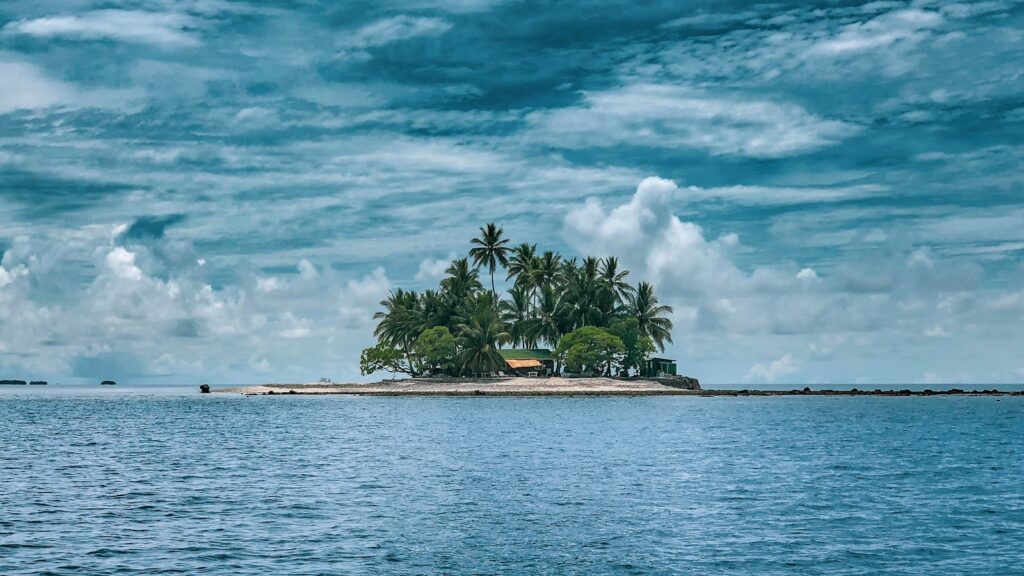Fogo Island, located off the northeastern coast of Newfoundland, Canada, is undergoing a transformative journey as it seeks to redefine its cultural and economic identity. This remote island, known for its stunning landscapes and rich fishing heritage, is increasingly attracting attention for its innovative approaches to sustainability and community development.
In a recent feature by the acclaimed television program 60 Minutes, the island’s efforts to reinvent itself were highlighted, showcasing how local leaders and residents are collaborating to foster economic resilience. Fogo Island has a long-standing tradition rooted in the fishing industry, but as global market demands shift, the community is exploring new avenues to diversify its economy.
Among the initiatives being undertaken is the promotion of arts and culture, with local artists given a platform to showcase their work. This not only aims to draw tourists but also seeks to instill a sense of pride and identity within the community. The Fogo Island Arts Corporation has played a pivotal role in this transformation, creating opportunities for artists from around the world to engage with the local culture.
Additionally, sustainability has become a cornerstone of Fogo Island’s development strategy. Local leaders are emphasizing eco-friendly practices and renewable energy sources, aiming to preserve the island’s natural beauty while fostering economic growth. By prioritizing environmental stewardship, Fogo Island hopes to serve as a model for other communities facing similar challenges.
As Fogo Island navigates this period of change, it stands as a testament to the resilience and adaptability of small communities. Its endeavors reflect a broader narrative relevant to many South Asian and diaspora communities around the world, who are also seeking ways to thrive in an ever-evolving global landscape. The island’s journey is not just about survival but about embracing opportunities for growth and innovation, ensuring that its unique cultural heritage is preserved for future generations.



